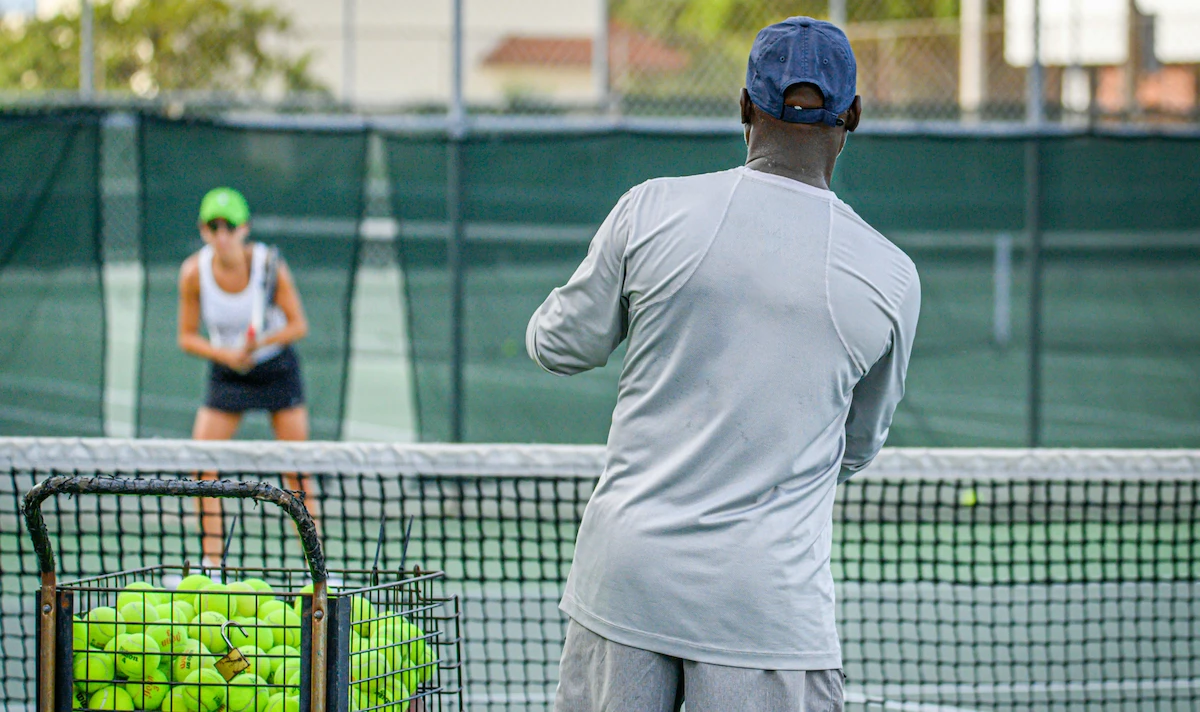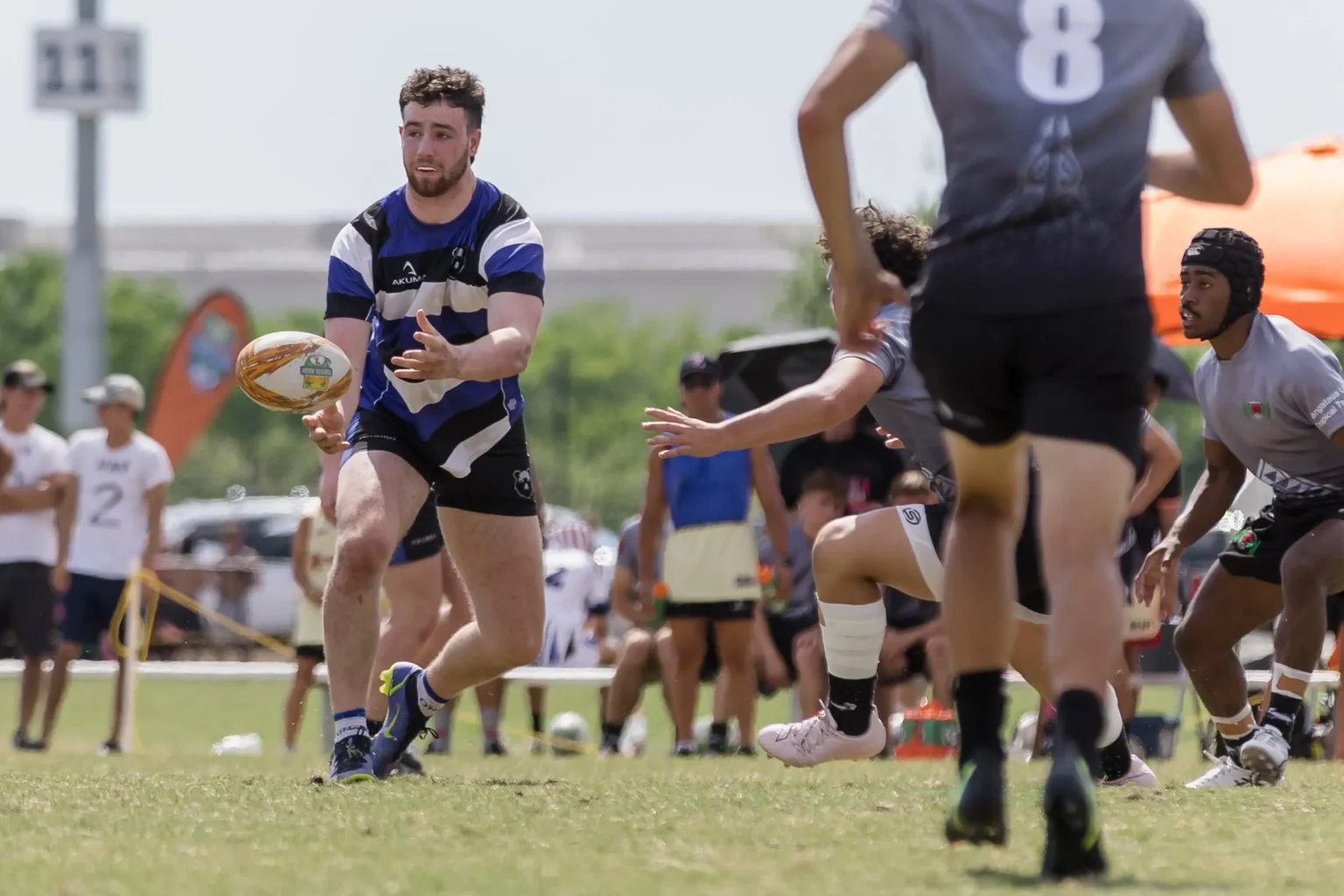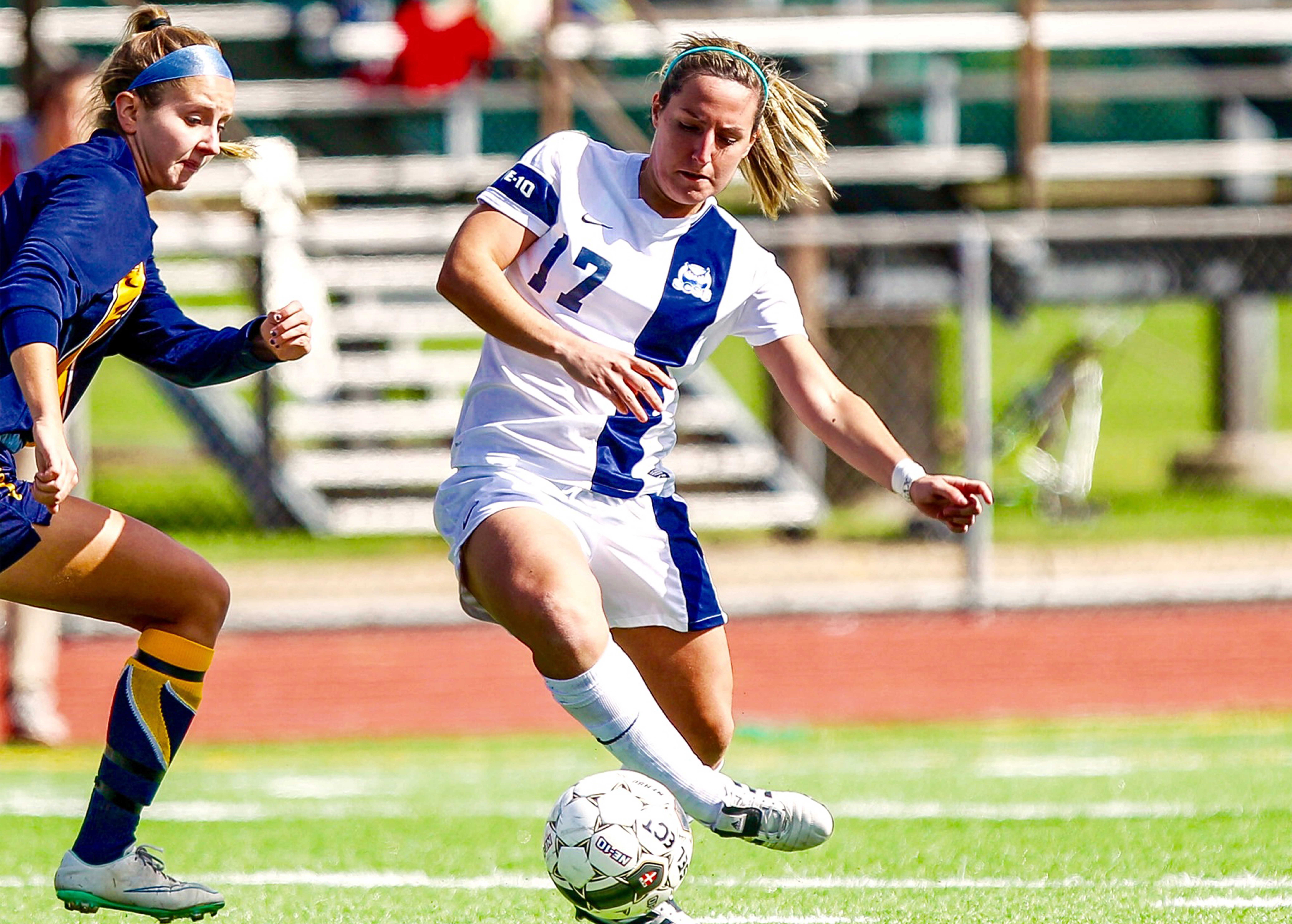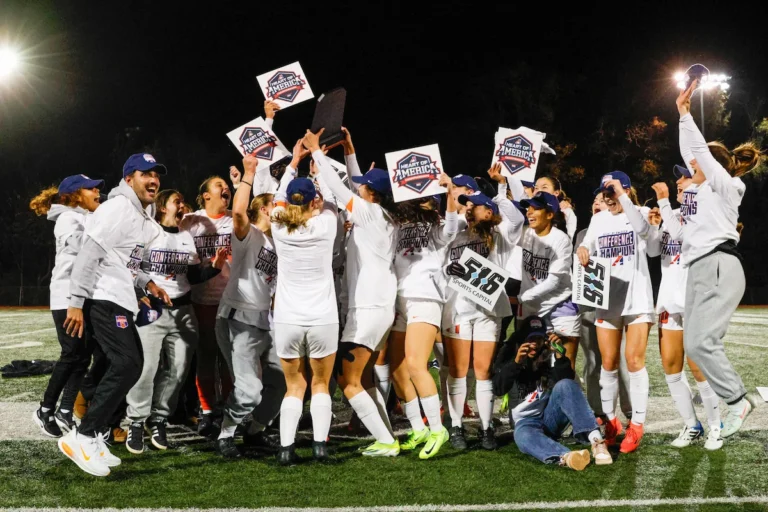
How to Catch College Coaches’ Attention
Insights from tennis player Sara Dahlström on how to stand out in the recruitment process
Sara Dahlström knows first-hand what it takes to stand out in the college recruitment process. The Swedish tennis player currently competes for the University of Florida, one of the top universities in the US. Drawing from her own experience as a student-athlete, Dahlström shares valuable insights into what coaches look for and how you can catch their attention.
Key points from Sara Dahlström:
- Create a strong athletic profile with accurate data and consistent results.
- Maintain good academic performance to stay eligible for NCAA requirements.
- Communicate directly with coaches and build genuine relationships early.
- Be physically and mentally prepared to handle the demands of college athletics.
- Show commitment to team culture and demonstrate that you will “bleed” your school’s colours.
Starting college can feel like the moment life truly begins. Everything you’ve done in your sport and throughout your schooling has led up to the day you pack your bags and board a flight across the Atlantic.
Following the traditional academic and athletic path means investing four years of your life at an American university. For roughly 1,460 days, you’ll be in a place where you build a new life, new routines, and surround yourself with new people.
At first, it’s an unfamiliar place with no personal connections, but after those 1,460 days, it becomes part of your identity—somewhere you’ll long refer to as your second home and something you’ll mention when people ask what shaped you into who you are today.
Finding a place that matches your personal interests and life goals takes time and careful consideration. It’s not easy to know where to start in the recruitment process, especially when there are so many schools, cultures, and opportunities. It’s common to feel overwhelmed by all the universities marketing themselves as the top team in the country, coaches competing to recruit successful athletes, and a catalogue full of dozens of majors and minors to choose from.
Many of these factors are out of your control—you can’t know for sure what a coach is thinking, you can’t change a school’s core values, and it’s impossible to predict how you’ll perform throughout your college career. What you can control, however, is your final destination: where you end up, what you do to get there, and how you present yourself to the college world.
To succeed in your college career, you first need to capture the attention of coaches. It’s difficult to pinpoint what makes a player appealing to a coach. Just as every athlete is different and has unique traits and abilities, every coach has different preferences for which of those traits and abilities they want to add to their programme. But here, I collect some of the most important factors.
Build a Strong Athletic Profile with Accurate Data
Building a strong, consistent profile is an important foundation when starting the process. Coaches at American universities are primarily looking for athletes who are enthusiastic and willing to do what it takes to take the team to the next level.
Coaches, of course, look at results—how much you compete and how you perform in competition. Results are a general and straightforward indicator of a player’s level and provide an overall picture of how an athlete performs in critical moments.
These factors are prioritised because coaches want to build teams they believe can win championships. Championships, in turn, mean better promotion, a stronger reputation, and increased interest from incoming athletes wanting to join the programme.

Maintain Good Academic Performance
In addition to results on the field, academic results are also important. While it may not be the first thing a coach looks at when recruiting, there are rules that require athletes to maintain certain grades and a specific GPA to remain eligible to train and compete during their time in college.
For example, the NCAA requires student-athletes to maintain at least a 2.3 GPA in their core courses to compete at the Division I level.
Communicate Directly and Build Relationships with Coaches
Beyond performance, direct communication between the coach and the player is important, and it’s an advantage to build relationships with the coaches. Take initiative, reach out to universities you’re interested in, and get yourself on the market early in the process to show your commitment.
It’s important to have a positive attitude and make it clear that you are interested in their university and team. There are many athletes applying to college programmes, so it’s essential to find what makes you stand out from the crowd. Maybe it’s your ability to outrun your opponent on the field? Or your ability to turn matches around when you’re down? Or how quickly you adapt to change? All these small details matter and should be highlighted when you talk to a coach.
Be Physically and Mentally Prepared
Generally, what coaches expect from an upcoming athlete, regardless of who you are or how good you are, is to be physically and mentally strong. The college environment is extremely demanding, and if you arrive unprepared, there is a high risk of injury or not being able to handle the stress and pressure.
Coming well-prepared to the new team also shows that you take your spot on the roster seriously and want to contribute to what you’ve been given. If a coach offers a player a full scholarship, it is an indirect confirmation that the coach has faith and confidence that the player has what it takes for the team’s success.
Year after year, the pressure increases and competition between players becomes tougher, so you need to prove you’re ready for the challenge. You don’t get a spot on the team—you earn it.

Show You’re Committed to the Team Culture
At my university, we often said we would “bleed orange and blue,” meaning we would bleed the colours associated with our school. It means putting the team above us through everything—giving our all in training, competition, and academics, for both the team and the logo on our shirts. As players, we represent an entire university when we step onto the field, and coaches want to recruit athletes they believe will do everything they can to “bleed” their school’s colours.
At the end of the day, as a player, all you can do is give your best to prove to a coach that you want to be part of their culture. After that, it’s up to the coaches to decide what they’re looking for and who they believe is the right fit with the rest of the players and staff working with the team.
The most important thing you can do is to show a strong interest, take the process seriously, and start improving the areas you need to work on before heading off to your new adventure in the States. Everything else will fall into place afterwards.
Want to Stand Out to College Coaches?
Keystone Sports helps you capture the attention of college coaches and secure a sports scholarship. Working with a well-recognised agency like Keystone Sports shows coaches that you’re serious, professional, and committed to your future.
Over the years, we have guided more than 15,000 student-athletes through the recruitment process; therefore, we know what coaches are really looking for and how to make your profile stand out. From creating a standout athletic profile and connecting you with coaches to exploring scholarship opportunities, our team is here to help you secure your spot at a US college.
Ready to start your journey? Complete our free evaluation form, and we’ll contact you to discuss your opportunities.
Share this article:
More related articles

Esport Scholarships in the USA: What They Are and How You Can Secure One
Esports has grown enormously in popularity over the past few years and has evolved into a competitive sport. The exciting news? Universities in the USA are now offering scholarships for esport players!

How to Get a Rugby Scholarship in the US
With the growing popularity of rugby in American universities, more opportunities are becoming available for UK players to obtain rugby scholarships. Here’s everything you need to know about scholarships for rugby and how to get one!

Top Tips for Football Scholarships in America for UK Students
Earning a football scholarship to play in the U.S. is a dream opportunity for UK players. This guide provides the best tips for UK players to get recruited, including the importance of football showcases, physical preparation, and networking with coaches.

